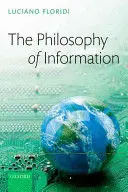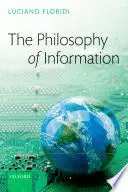The Philosophy Of Information
Luciano Cian
This book brings together the outcome of ten years of research. It is based on a simple project, which was begun towards the end of the 1990s: information is a crucial concept, which deserves a thorough philosophical investigation. So the book lays down the conceptual foundations of a new area of research: the philosophy of information. It does so systematically, by pursuing th...
Sinopsis
This book brings together the outcome of ten years of research. It is based on a simple project, which was begun towards the end of the 1990s: information is a crucial concept, which deserves a thorough philosophical investigation. So the book lays down the conceptual foundations of a new area of research: the philosophy of information. It does so systematically, by pursuing three goals. The first is metatheoretical. The book describes what the philosophy of information is, its problems, and its method of levels of abstraction. These are the topics of the first part, which comprises chapters one, two and three. The second goal is introductory. In chapters four and five, the book explores the complex and diverse nature of several informational concepts and phenomena. The third goal is constructive. In the remaining ten chapters, the book answers some classic philosophical questions in information-theoretical terms. As a result, the book provides the first, unified and coherent research programme for the philosophy of information, understood as a new, independent area of research, concerned with (1) the critical investigation of the conceptual nature and basic principles of information, including its dynamics, utilization, and sciences; and (2) the elaboration and application of information-theoretic and computational methodologies to philosophical problems.
Comentarios
Sé el primero en comentar este libroArtículos relacionados

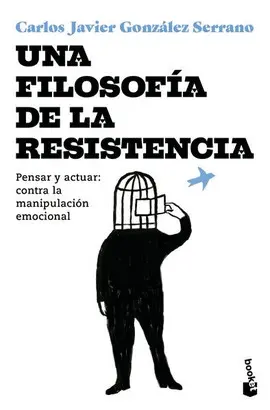
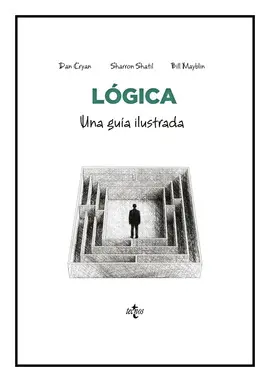
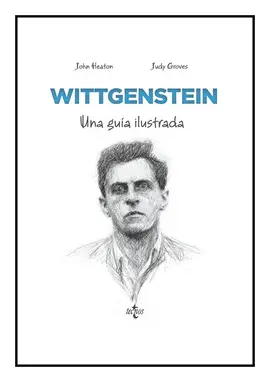


Otros libros del autor
